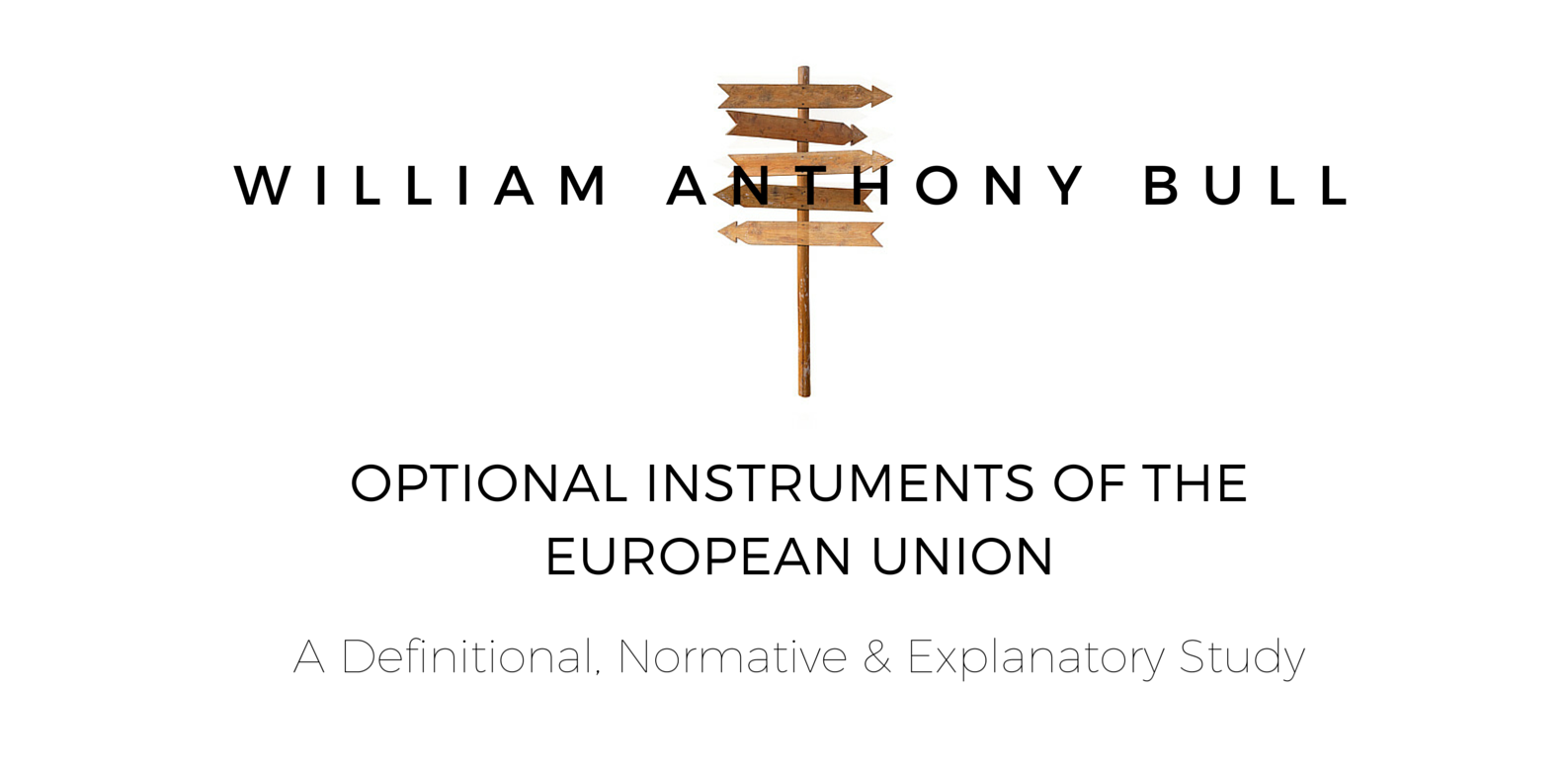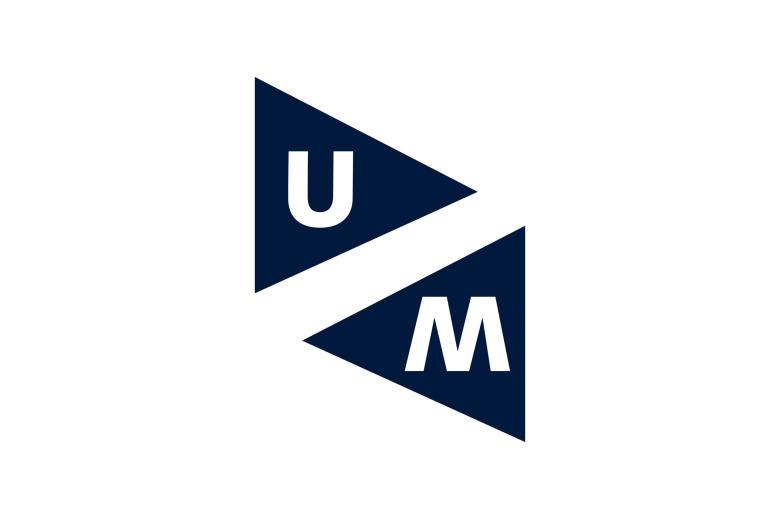William Bull on Optional Instruments
On 12 May 2016 William Bull successfully defended his PhD-thesis on Optional Instruments of the European Union. A commercial edition of the thesis was published with Intersentia Publishers.

Summary of the Thesis:
This rise of a particular kind of European Union legislation known as the ‘optional instrument’ is a novel trend in the context of EU law, and one that until now has not been comprehensively mapped or explored. This study examines and discusses existing and proposed EU Optional Instruments (OIs) in different fields of European law, including company law, intellectual property law and procedural law (such as the European Company, the Community Trade Mark and the European Small Claims Procedure, respectively), as well as contract law. The study identifies the core elements that define Optional Instruments of the EU and distinguish them from other kinds of EU legislation, especially so-called approximating measures. It provides a detailed overview of a total of twelve OIs in the aforementioned policy areas, charting their development, characteristics and (where appropriate) usage in practice. It investigates the case for and against the use of optional instruments as an alternative means of EU law-making, by analyzing and evaluating the principal arguments in the debate surrounding the use of this legislative method. Finally, it offers an explanation of the varied degree of ‘success’ of EU OIs already in existence, by identifying possible factors that play a role in this respect and testing the significance of these factors with reference to available empirical data. In doing so, the author provides a framework for future research into this developing phenomenon, as well as guidance for the elaboration of future Optional Instruments of the European Union.
Also read
-
Inaugural lecture Jan Willem van Prooijen
What drives people to embrace radical conspiracy theories, sometimes with far-reaching consequences for society? During his inaugural lecture on Friday 27 June, Prof. Dr. Jan Willem van Prooijen (radicalisation, extremism, and conspiracy thinking) will address this urgent question.

-
Update 25 June
Last night a UM building at the Bouillonstraat was daubed with paint and slogans. A sad expression of vandalism. UM has filed a report.

-
A night in Tehran: rose water, saffron and pistachio
Niloofar Tahmasebi Birgani, assistant professor at the MERLN research institute, was born in southern Iran. It was only when she moved to the Netherlands in 2010 for her PhD research that she began cooking for herself. Instead of recipes, she uses intuition and memory to bring her mother’s and...
